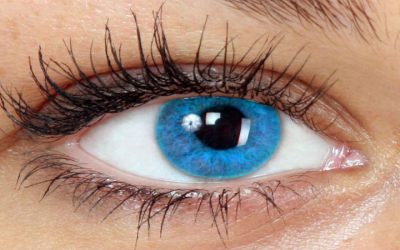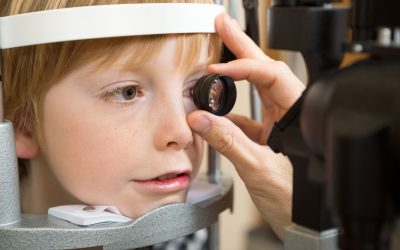Yellowing of the whites of your eyes is known as jaundice. In addition to yellowing of the sclerae, jaundice can cause yellow skin, dark urine, and clay-colored stool. While jaundiced eyes usually don’t cause vision problems, you’ll need to see your specialist in eye care in Jacksonville FL for a complete eye examination. Here are some reasons the whites of your eyes may turn yellow.
Liver Disease
Liver diseases such as cirrhosis and hepatitis can cause elevated bilirubin levels. Bilirubin is a pigmented body fluid that is secreted by your liver. When your bilirubin gets too high, your skin and eyes may yellow. At the first sign of scleral yellowing, make an appointment with your specialist in eye care in Jacksonville FL.
After an eye examination, your ophthalmologist may refer you back to your primary care physician for further evaluation and treatment. Your physician may order a direct and indirect bilirubin blood test and liver enzyme blood tests. These diagnostic lab tests will tell your doctor if your liver is healthy. If your blood tests reveal abnormalities, you may need to have an ultrasound of your liver to determine if you have liver disease. Once your liver disease has been treated successfully, the yellowing of your skin and eyes will go away.
Gallstones
If you have gallstones, both your skin and eyes may turn yellow. Gallstones can obstruct the flow of bile in your bile ducts, and in addition to jaundice, gallstones can cause severe pain in the upper right quadrant of your abdomen, back pain, nausea, and vomiting. Medications to dissolve the gallstones can be effective, however, if you still have symptoms, your doctor may recommend surgery to remove the stones. Once your gallstones are gone, the flow of bile will be reestablished, and your jaundiced skin and eyes resolve.
If the whites of your eyes have turned yellow, contact us to make an appointment.


